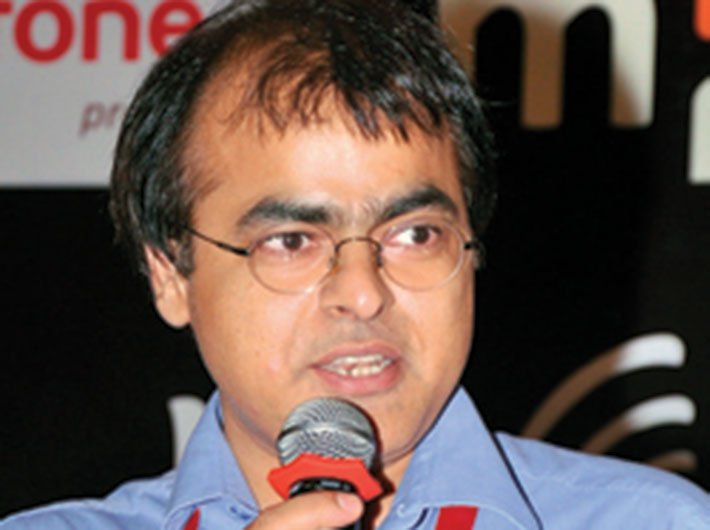With the exponential rise in government and citizen data, particularly a flood of unstructured data and imaging data, how sustainable you think are the traditional hosted and on-premise IT delivery models? Are cloud-hosted models the way to go?
The recession of 2008 has taught many lessons, and one of them is moving towards ‘asset light models, keeping our heads low, and overheads lower’ and focusing on the core and outsourcing the non-core. The traditional hosted and on premise IT delivery models are no longer sustainable and cloud-based models and outsourcing models are the way to go, given that traditional on-premise delivery models come with significant overheads in terms of software and hardware maintenance contracts, investments in data centres, dedicated staff with relevant skill sets and integration efforts each time while on-boarding new systems. The cloud-based models eliminate all these overheads and help focus on the core on e-governance. Secure cloud based models are replicable, scalable and sustainable and will be the way forward.
With the Digital India programme being a top strategic priority of the government, how fundamental a building block could cloud be from the ‘health for all’ perspective?
Digital health must be the overarching theme for healthcare delivery transformation, given its important role in ensuring transparency, accountability and outcome. The government needs to invest in dedicated cloud infrastructure with specific focus on managing healthcare requirements. For example, in Singapore, Integrated Health Information Systems (iHIS) manages all the applications at the public healthcare institutions. This spans across business, clinical, ancillary and health analytics systems.
In our country each state health department is grappling with a challenge of managing multiple state and central health applications and many of these applications are not integrated as well. This causes significant inefficiencies and overheads in managing the isolated systems. There is a strong need to create separate public healthcare cloud infrastructure in our country of a billion-plus population.
Why do you think it will help the government to create a separate healthcare cloud infrastructure?
In our public healthcare system, each state deals with at least 25 different healthcare applications that include the likes of health management information system, mother child tracking system, Rashtriya Swasthya Bima Yojana, integrated disease surveillance system, national tuberculosis database, national anti-malaria management information system, NRHM financial management system, drug inventory management systems, and many more.
The irony is that most of these applications are isolated systems with minimal or no integration. The movement of state and NRHM healthcare applications in a public cloud infrastructure will significantly benefit the stakeholders. The government has decided to establish the National e-Health Authority (NeHA) to guide adoption of e-health standards, electronic health record and health information exchanges which will reduce the concerns around security and compliance. The work is already on.
What are the key inhibitors for cloud adoption in your opinion and which of those would you consider addressing on a priority basis?
The first biggest inhibitor is lack of awareness and resistance to change. There are also issues related to interoperability, security, privacy and compliance issues. To put more simply, it’s a ‘readiness’ problem.
If the applications were to be hosted on cloud data centres located within the country, would that address the concerns around security and compliance?
The public healthcare cloud infrastructure should be hosted within the country with the oversight of the dedicated organisation such as NeHA to manage the cloud infrastructure and ensure adoption of standards and regulatory compliance. The concerns around security and compliance can be easily overcome with right controls, security measures and adoption of standards.

